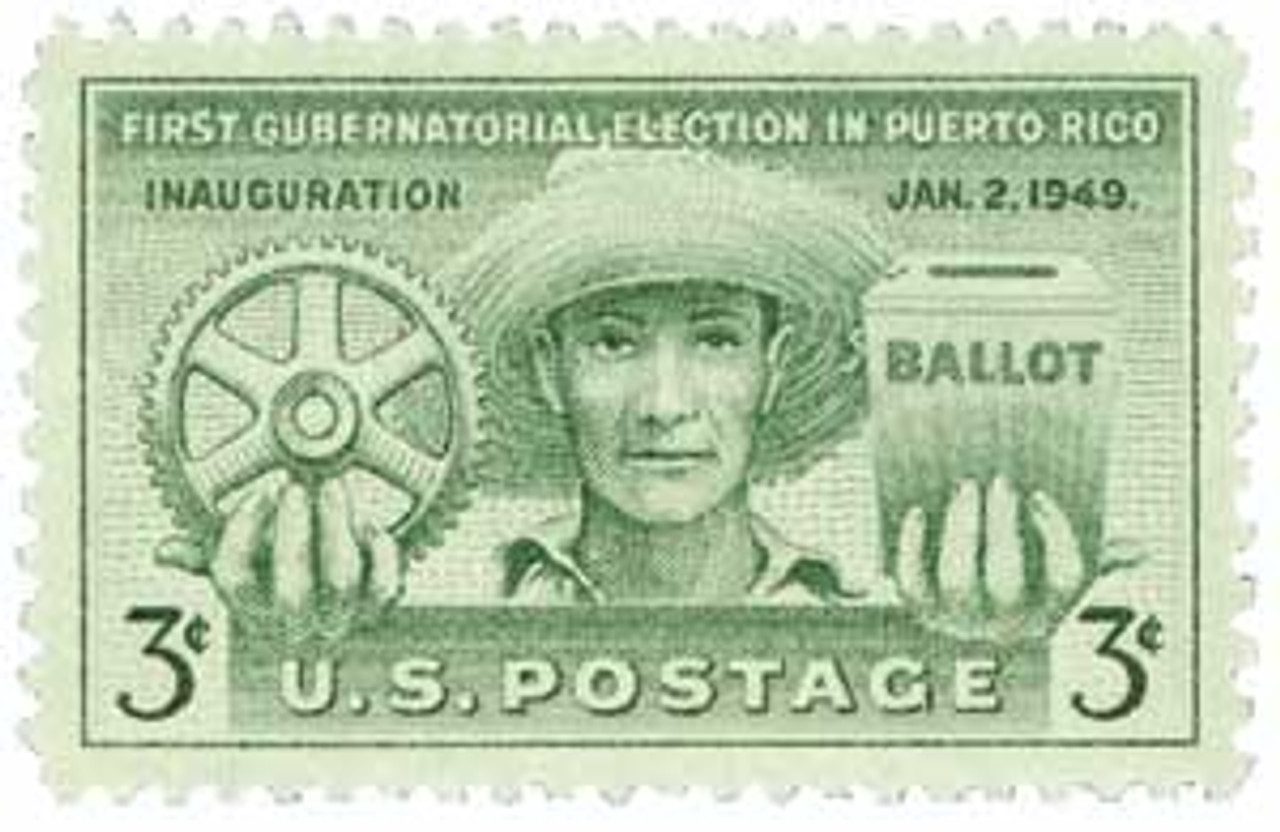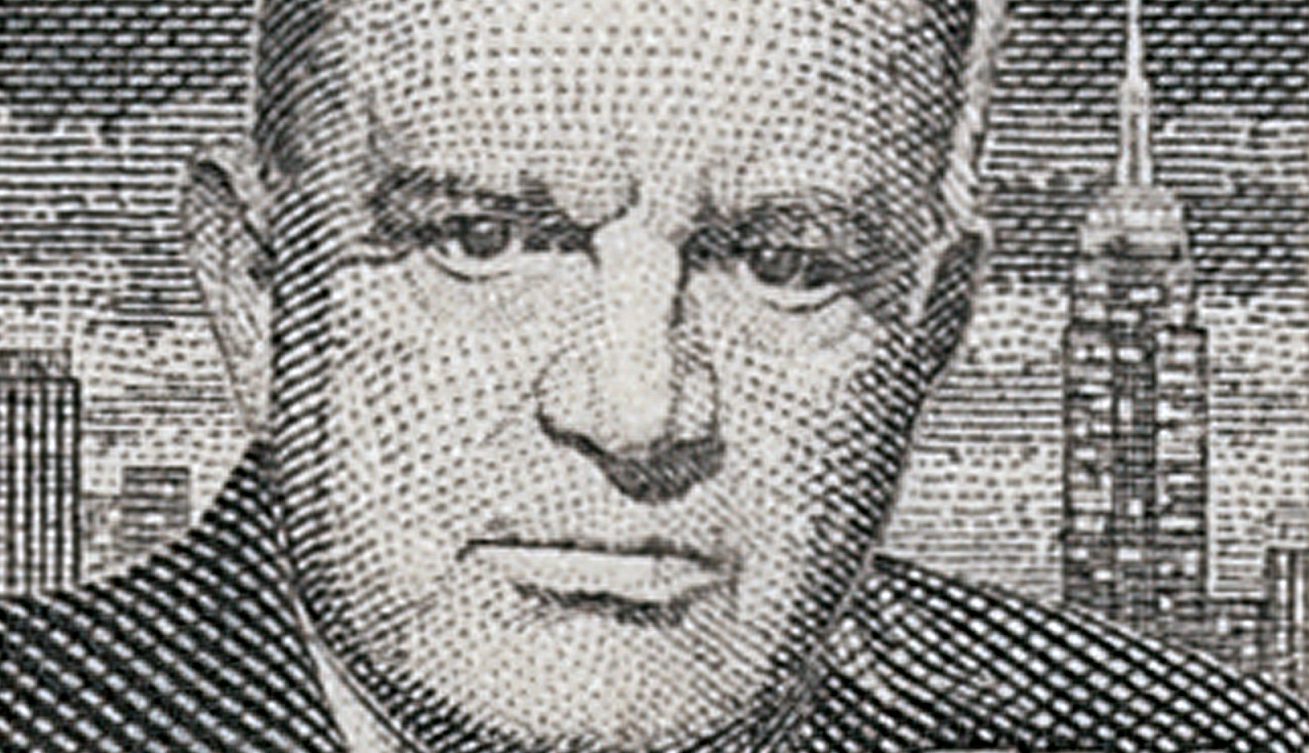Happy Birthday Lucky Lindy!
Aviation pioneer Charles Augustus Lindbergh was born on February 4, 1902, in Detroit, Michigan. He was the first person to fly solo non-stop across the Atlantic Ocean and helped to promote and expand aviation and airmail.

Aviation pioneer Charles Augustus Lindbergh was born on February 4, 1902, in Detroit, Michigan. He was the first person to fly solo non-stop across the Atlantic Ocean and helped to promote and expand aviation and airmail.

On January 19, 1840, US Naval captain Charles Wilkes became the first American to explore the coast of Antarctica. His two year expedition circumnavigated the globe and is credited with playing a significant role in the development of 19th-century science.

Alexander Hamilton was born on January 11, 1755 (or 57 – the year is unknown), in Nevis in the British West Indies. He was a hero of the Revolutionary War and first Secretary of the Treasury of the United States.

On January 2, 1949, Luis Muñoz Marín became Puerto Rico’s first independently-elected governor. The stamp issued to celebrate the even includes this, his inauguration date.

Author and abolitionist John Greenleaf Whittier was born on December 17, 1807, at his family’s rural homestead in Haverhill, Massachusetts.

Fiorello La Guardia, was born December 11, 1882, in Greenwich Village, New York. He was voted the best former mayor in America for his 12 years of leadership of New York City.

Though the District of Columbia has served as our nation’s capital since 1791, its residents didn’t get to vote in their first presidential election until November 3, 1964.

John Adams was born in Braintree (now Quincy), Massachusetts, on October 30, 1735. Adams was America’s first vice president and second president.

Anna Eleanor Roosevelt was born on October 11, 1884, in New York City, New York. She was America’s longest-serving First Day and is credited with redefining the role of the presidential spouse.